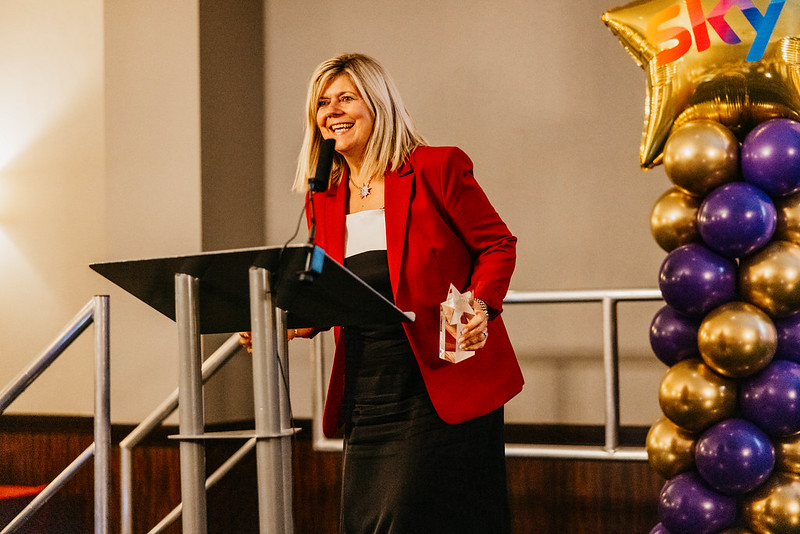
Latest
New ‘sponge on a string’ test to improve cancer diagnosis in Merseyside
3 years ago
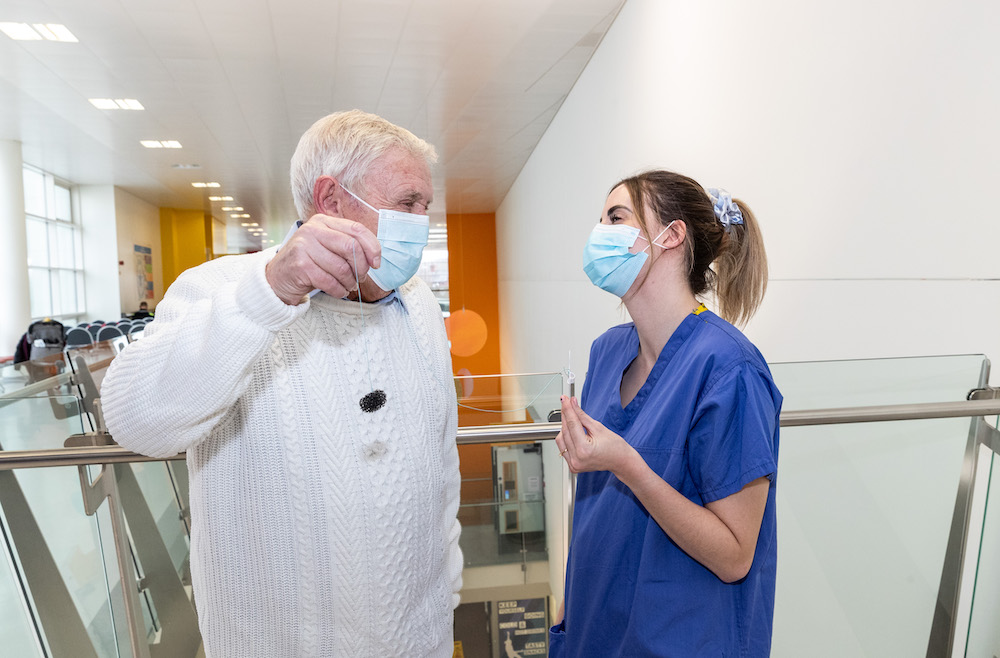
A potentially life-saving ‘sponge on a string’ test is set to improve cancer diagnosis in Cheshire and Merseyside.
The device, known as Cytosponge, will help to identify patients at most risk of oesophageal cancer – cancer of the gullet – and ease pressure on hospital endoscopy services.
Cytosponge has already been used successfully as part of the endoscopy service at St Helens and Knowsley Teaching Hospitals NHS Trust.
Now it will be available closer to patients’ homes at the St Helens and Knowsley Community Diagnostic Centre, thanks to the support of the Innovation Agency.
The Innovation Agency is an NHS organisation that supports the adoption and spread of health and care innovations in Cheshire, Merseyside, Lancashire and South Cumbria.
It helped secure £500,000 from the SBRI Healthcare fund to spread Cytosponge from secondary services into the community.
The pandemic has exacerbated the demand for endoscopy, a procedure in which a camera attached to a flexible tube is inserted into the patient’s body. Cheshire and Merseyside has the highest rate of upper gastrointestinal endoscopies in England – 47,800 in 2019-20, which is 45 per cent above the national average.
At St Helens and Knowsley Teaching Hospitals NHS Trust, the level of demand is one of the highest in Cheshire and Merseyside.
The Cytosponge test aims to divert patients away from secondary care. It is administered in an outpatient setting and involves the patient swallowing a capsule attached to a ‘string’. The capsule dissolves in the oesophagus after a few minutes to release a sponge that gathers millions of cells for analysis as it is pulled out.
The test will be offered to patients on endoscopy waiting lists. It is minimally invasive and generally more comfortable for patients, needs no sedation and can be delivered in a nurse-led clinic in around 15 minutes.
By contrast, an endoscopy requires a team of specialists in secondary care and can take several hours of preparation.
Dr Ash Bassi, Consultant Gastroenterologist at St Helens and Knowsley Teaching Hospitals and co-chair of the Cheshire and Merseyside endoscopy network, said: “Pressures on endoscopy services have been extreme. This has meant that we need more alternatives to endoscopy.
“Cytosponge is a new medical test that aims to improve early detection and surveillance of the condition Barrett’s oesophagus. It is a quick, safe and accurate test that can be performed in the outpatient setting. It is more comfortable and convenient for patients.
“This will free up capacity in services like ours to do more endoscopies for patients who need them most. The Cytosponge test is meant for patients who have had gastroesophageal reflux disease (GORD) symptoms for several years.
“The great strength of the Innovation Agency is that it can identify best practice in an area and then make sure it spreads across the healthcare system.”
Mike Kenny, Acting Co-Director of Enterprise and Growth at the Innovation Agency, said: “Endoscopy services are a priority in our region and we’ve focused a lot of energy there.
“We were able to use our knowledge of the health and care system to make sure this fantastic innovation gained a foothold in primary care where it will have the greatest impact.”
He added the Innovation Agency helped develop the bid application and ensured consultants and other stakeholders were aware of the opportunity to bring Cytosponge into the community.
Tony Bayliss, aged 80, from Eccleston in St Helens, has been treated at St Helens and Knowsley for more than a decade since he was diagnosed with Barrett’s oesophagus, a condition in which the cells in the gullet become abnormal and which means the patient is slightly more likely to develop cancer.
Tony said he was offered the Cytosponge test rather than an endoscopy for his latest check-up. “I prefer the sponge because it’s much quicker and it’s very simple. I was a bit hesitant to start with but it was no bother at all in the end and I’d recommend it to anyone,” he said.
“The camera can make you feel a bit unwell, and I’ve had a sedative in the past because it’s more difficult and some people get a bit panicky. The sponge is much more comfortable.”
Cytosponge has been developed by global healthcare technology company Medtronic and Cambridge diagnostics specialists Cyted.
Marcel Gehrung, CEO and co-founder at Cyted, said: “We are delighted to be expanding the use of the Cytosponge test to community settings with support from the SBRI. This will support the recovery of endoscopy waiting times in one of the regions under most demand across the country, helping patients access potentially life-saving cancer treatment sooner and relieving some stress and concern during a difficult time.”
SBRI (Small Business Research Initiative) Healthcare is an award-winning scheme, offering development funding to innovators and entrepreneurs who have solutions to healthcare problems in the NHS. It is an NHS England and NHS Improvement initiative, supported by England’s 15 Academic Health Science Networks (AHSNs), which includes the Innovation Agency.




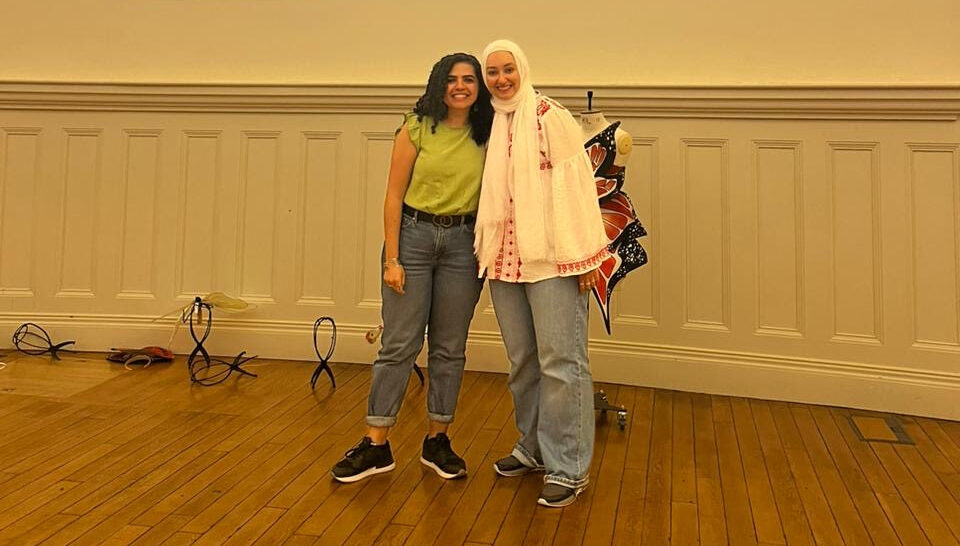
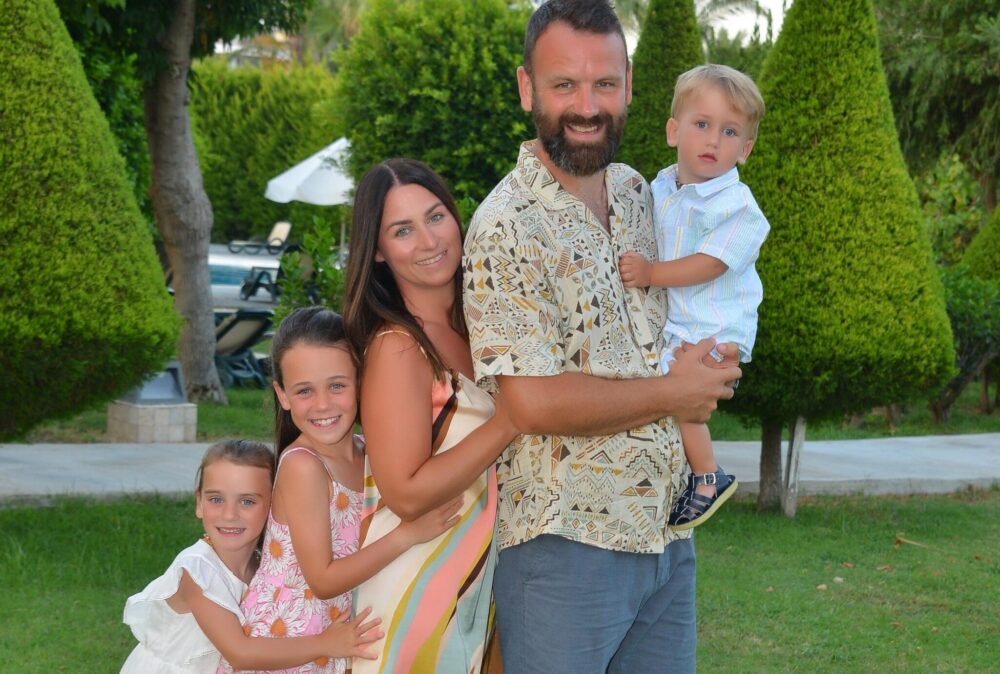
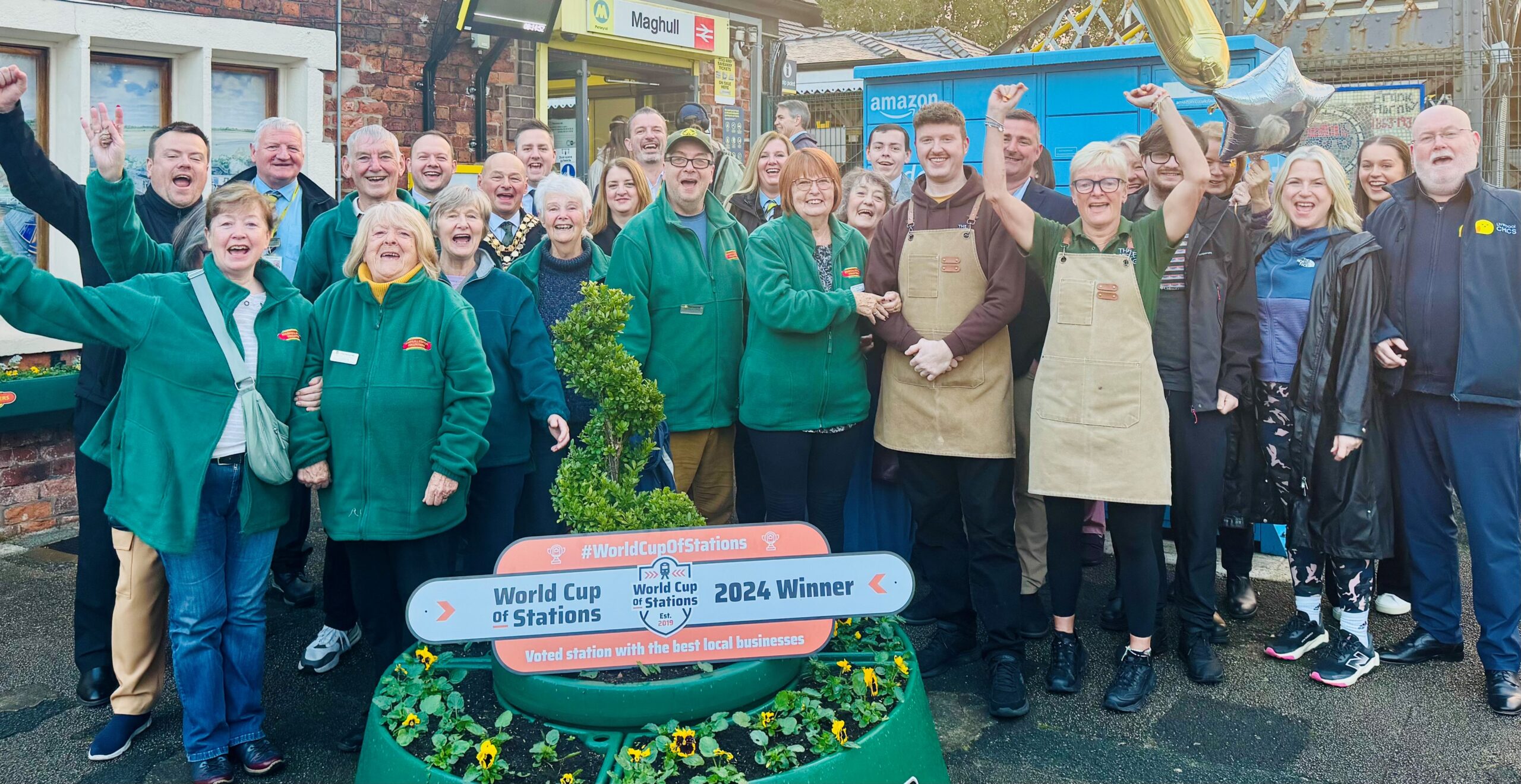

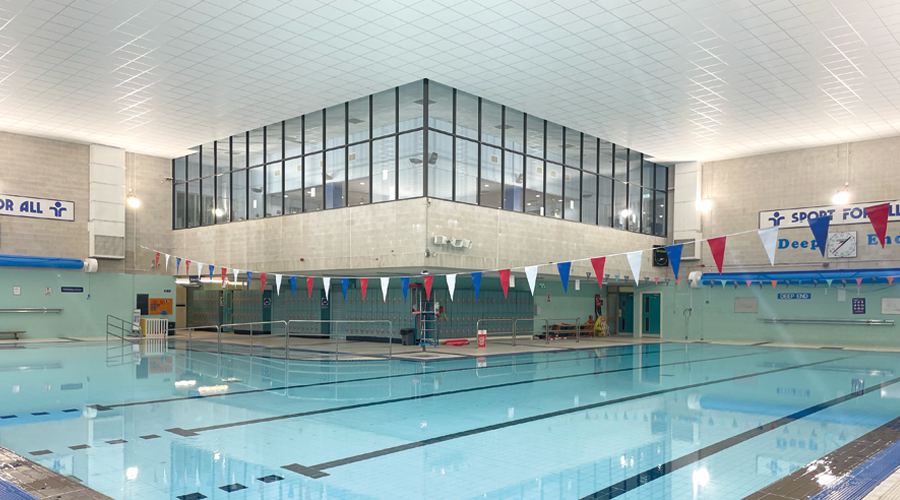
 Subscribe
Subscribe Follow Us
Follow Us Follow Us
Follow Us Follow Us
Follow Us Follow Us
Follow Us Follow Us
Follow Us











